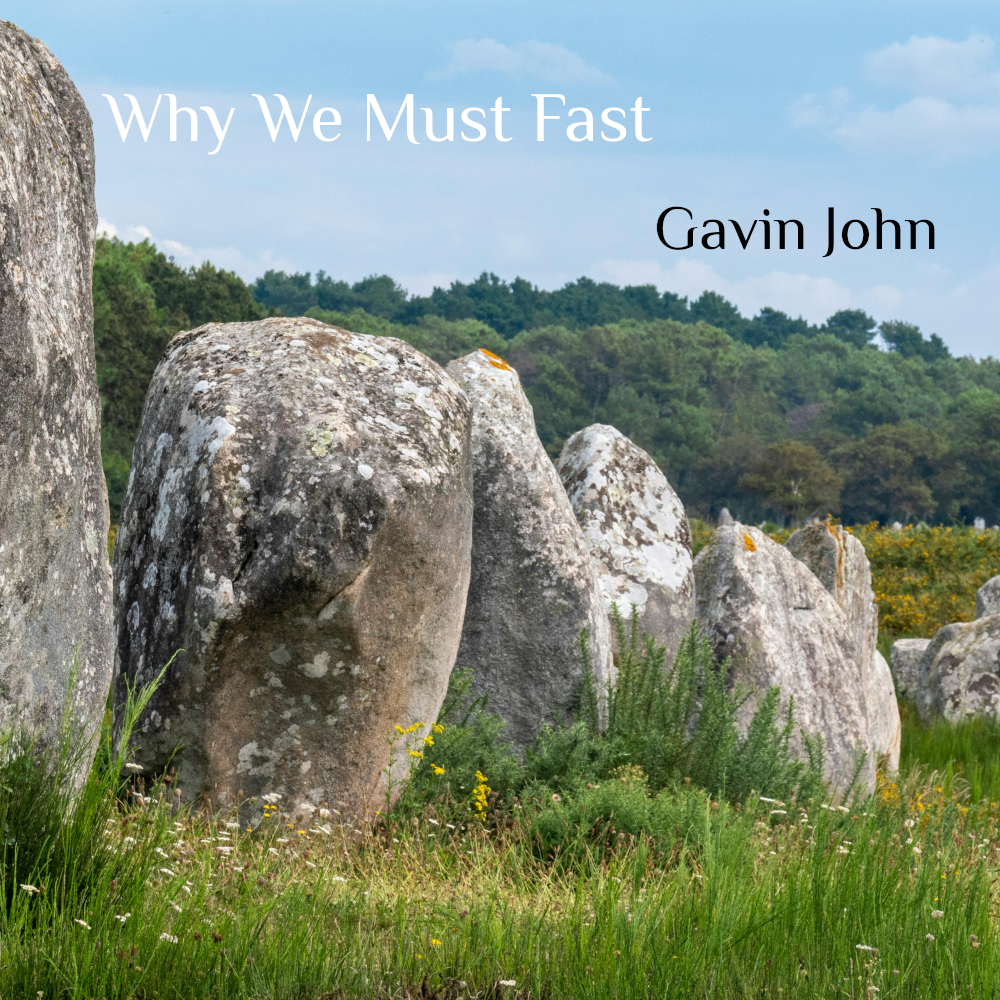Nowadays, there has been a resurgence within mainstream culture to fast. Some do it for purely dietary reasons, while others understand the holistic effects that fasting produces. Let’s look into our history and towards the future to understand WHY WE MUST FAST.
Indo-European Fasting
Fasting has been a common spiritual and cultural practice across many Indo-European societies, serving both religious and health-related purposes. Although the specific customs, meanings and practices surrounding fasting varied, it generally involved abstaining from food, drink or certain luxuries as a means of purification, reflection and discipline.
In ancient India, fasting (known as vrata) played a vital role in Hindu, Buddhist and Jain traditions. In Hinduism, it is linked to religious festivals like Ekadashi or Karva Chauth, where devotees fast to honour deities or seek blessings for health, prosperity or spiritual growth in general. Jainism, one of the most ascetic traditions, emphasises fasting as a way to purify the soul and break free from the cycle of reincarnation. Mahavira, the religion’s founder, promoted fasting as an essential path to enlightenment.
In ancient Greece, fasting was a preparatory ritual for religious ceremonies and mysteries. Mysteries such as the Eleusinian Mysteries, which were initiation rites held for the Demeter and her daughter Peresphone, each who were revered. Pythagoras and Plato promoted fasting for clarity of mind and physical health.
Similarly, in Ancient Rome, the Romans fasted in relation to religious events. The festival of Lupercalia included fasting as a purification. Interestingly, early Christians would fast. Roman Christianity included the practice of Lent. Lent is a period of 40 days of fasting and penance before Easter. Unfortunately, modern Christians do not observe fasting to the same extent as their predecessors.
We can see from studying the traditions of ancient Germanic and Celtic tribes, that fasting has ties to shamanic rituals. These shamanic rituals were often a form of preparation for spiritual journeys or warrior initiations. The aim of their fasting was to enhance mental clarity or communicate with divine forces.
Across Indo-European societies, fasting has remained a significant practice, deeply rooted in spirituality, health and social rituals.

Fasting in Islam
Fasting (Sawm) is one of the Five Pillars of Islam, making it a fundamental act of worship and devotion for Muslims. The most well-known form of fasting in Islam takes place during the holy month of Ramadan, the ninth month of the Islamic lunar calendar. During Ramadan, Muslims fast from dawn (Fajr) until sunset (Maghrib), abstaining from food, drink, smoking and other physical needs. The fast is not only physical but also spiritual, as Muslims are encouraged to refrain from sinful behaviour, negative thoughts and harmful speech.
Fasting in Islam serves multiple purposes. First and foremost, it is an act of obedience to God and a way of cultivating taqwa, which can be translated to mindfulness and piety. By restraining from basic needs and desires, the one fasting develops self-discipline and empathy for the less fortunate. The blessing of food and water becomes very more apparent, that which we can take for granted.
Muslims will partake in a pre-dawn meal typically before their fast begins. This is done in accordance with the ways of the Prophet Muhammad (peace be upon him). After the sunsets, the fasted will end their period of fasting with a meal. The meal typically begins with dates and water, which is also in accordance with the tradition of the Prophet Muhammad (peace be upon him).
However, there are exemptions for those who are ill, pregnant, elderly, menstruating or travelling. Fasting under such conditions may create unnecessary hardship. This is considered and catered for in Islam.
Islam fosters personal growth, deepens spirituality and strengthens community bonds, all of this is strengthened by the practice of fasting.
The Physical Benefits of Fasting
When we fast, we open up the possibility of obtaining a variety of physical benefits. One of the most obvious advantages of fasting, is weight-loss and an improved metabolism. By reducing caloric intake during a fasting period, the body taps into fat reserves for energy, which can help reduce body fat and support weight management.
Fasting will also improve insulin sensitivity, making it an effective way to manage blood sugar levels. This helps reduce the risk of type 2 diabetes, as the body becomes more efficient at utilising glucose.
However, what I find to be of particular interest is how fasting increases cellular repair and detoxification. Autophagy is triggered resulting in old or damaged cells breaking down and being recycled. This process removes toxins and supports cellular regeneration, potentially reducing the risk of chronic diseases.
Fasting will also improve heart health by lowering blood pressure, cholesterol levels and triglycerides. Therefore, contributing to better cardiovascular function. Additionally, neuroscientists have observed that fasting increases the production of brain-derived neurotrophic factor (BDNF), a protein that supports brain health and protects against neurodegenerative conditions like Alzheimer’s.

The Psychological Benefits of Fasting
Fasting offers several mental and psychological benefits, fostering clarity, focus and emotional balance. One of the key benefits is enhanced mental clarity. During fasting, the body conserves energy by reducing digestion, allowing the brain to function more efficiently. This will increase your concentration, improve your congnitive performance and enhance problem-solving abilities.
Fasting will also improve your emotional regulation and resilience. By practicing self-restraint and controlling your desire for food and drink, you will undoubtedly build mental discipline. This mental discipline will extend to other aspects of your life. This increased sense of self-control can reduce impulsivity and foster a greater sense of emotional stability.
In the middle of a mental health epidemic, fasting offers a solution. Fasting reduces stress and anxiety. This is due to regulating cortisol levels, which is the body’s stress hormone. You will also notice an improved mood and enhanced sense of well-being due to increases in endorphins. Many people who fast report a sense of calmness and inner peace, as fasting encourages mindfulness and reflection. Moreover, fasting can lead to better sleep patterns and improve overall mental health. The body’s circadian rhythms will reset, leading to a more restful sleep, essential for mental rejuvenation.
Environmental Benefits of Fasting
Fasting can positively impact the environment by reducing resource consumption and minimising waste. During fasting periods, individuals often consume less food, leading to a lower demand for agricultural production. This can help reduce the strain on natural resources like water, land and energy. Decreased food production also means fewer greenhouse gas emissions, as livestock farming, in particular is a significant contributor to methane emissions and deforestation.
In addition to reduced food consumption, fasting typically involves eating simpler, less processed meals. This shift can lead to a decrease in the use of packaging materials like plastics, which contribute to environmental pollution. Less reliance on processed and packaged foods also means lower energy consumption in the production and transportation processes.
Fasting encourages mindfulness around food choices and consumption habits, fostering a more sustainable relationship with food. It can inspire individuals to adopt more conscious, eco-friendly practices such as reducing food waste and opting for locally sourced or plant-based options, which have lower environmental footprint.
By promoting mindful consumption and reducing the strain on agricultural and industrial resources, fasting can contribute to environmental conservation and sustainability, helping mitigate some of the harmful impacts of modern consumption patterns.

So, Why Fast?
To conclude, it is obvious that there is a variety of spiritual, mental and physical benefits to fasting. So, why is fasting not encouraged? Well, to answer this we would have to think, how does consumption benefit the powers that be?
I do feel it is a revolutionary act to adopt a practice of fasting. We can observe it within cultures throughout recorded history. However, most importantly, it has been ordained by God. This shows us that it is natural practice, that humans are to observe.

